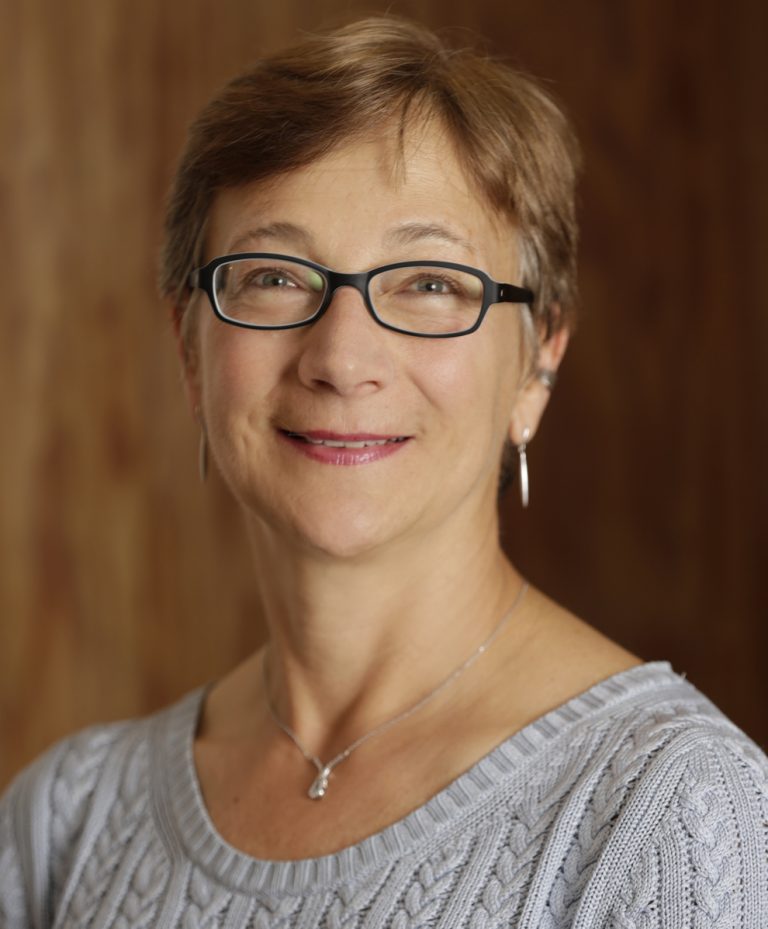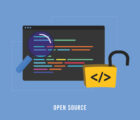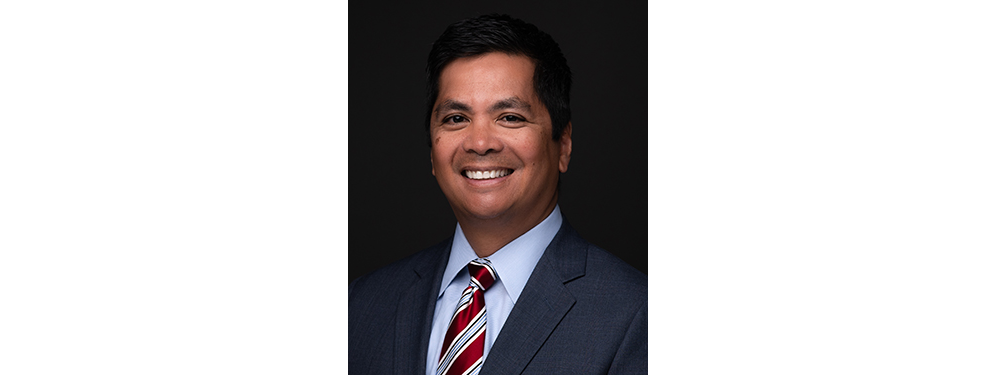
With the influx of data scientists and predictive modelers into our world there has been a lot of enthusiasm for the new tools, as well as a lot of discussion about the new competition from these specialists. Let’s look at each of these two issues in turn.
Actuaries have always been users of big data and we have adapted as the data and tools have grown. I remember touring ISO’s data center many years ago, which outside the IRS, was one of the biggest data facilities in the U.S. at the time.
Today, we have more data than we ever could have imagined and new tools to evaluate the information to be gleaned from that data. But the concept of increasing data and better tools is not new; it’s just that the magnitude is different. Some of you will remember the days of the mainframe computer with terminals in a shared “bullpen,” where you had to sign up for use by the hour? After that, having a PC on your desk was a significant change — and we adapted quickly, learning the new skills needed to maximize the benefits of those tools. Now, we quickly adapt to the latest app on our phones.
As computer storage became cheaper and cheaper, the amount and types of information we could save about our insureds grew exponentially. The ability to match losses and premiums from specific policies and coverages has become the norm and is now done routinely. Not so long ago, this function took a significant investment of time and resources.
Given our history, I am confident that actuaries will learn the skills required to adapt to our new world of big data and predictive analytics. Actuaries will also use those skills to find innovative solutions to the new challenges we will face.
Now to the second point. How will actuaries fare now that we are faced with competition from specialists who may be more skilled in these new techniques than we are?
The new world of big data and predictive analytics has a bit of a flavor of the “wild west” — we don’t always control the data, so issues of data reliability and accuracy may appear to be taken out of our hands. Despite this, we continue to look at the data and see what it tells us.
I strongly believe that we will continue to be greatly valued, especially because we adhere to the ethical and professional principles that we have always esteemed. The new world of big data and predictive analytics has a bit of a flavor of the “wild west” — we don’t always control the data, so issues of data reliability and accuracy may appear to be taken out of our hands. Despite this, we continue to look at the data and see what it tells us.
We have the history, skills and knowledge to be a voice of reason in this changing environment. We may not have control over data from third-party vendors, but we do have the domain knowledge that can make us question results that seem counterintuitive, or worse, are at odds with the intent of regulation and law. We have the ethical responsibility to apply that knowledge. Sometimes innovation for innovation’s sake can be destructive to the aims of our employers. Sometimes the data simply is wrong or the model may rely on assumptions that are too simple, are wrong, or are changing.
As CAS members, we are committed to our ethics and values and instill them into everything we do. The new credential from The CAS Institute, the Certified Specialist in Predictive Analytics (CSPA), requires designees to complete an ethics course. The CAS has also formed a new working party that will focus on raising awareness of ethical, social, data quality and other issues related to the expansion of advanced analytics into the actuarial space. As actuaries increasingly team up with data scientists and other professionals, we have an opportunity to export our actuarial professionalism and ethics to the other professionals we work with. These and other measures are concrete examples of how the CAS can influence other professionals in the big data space.
Adapting to innovative new tools and managing big data, while applying our domain knowledge and adhering to our ethics and professionalism, will make us even more valuable to our stakeholders as we move forward and adapt to change.
CAS President Nancy Braithwaite is 2nd vice president for Travelers in New York City.











